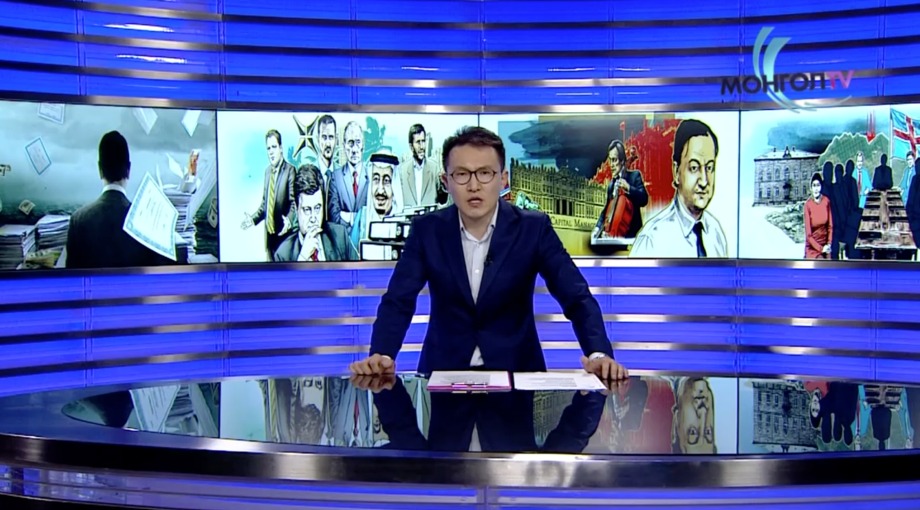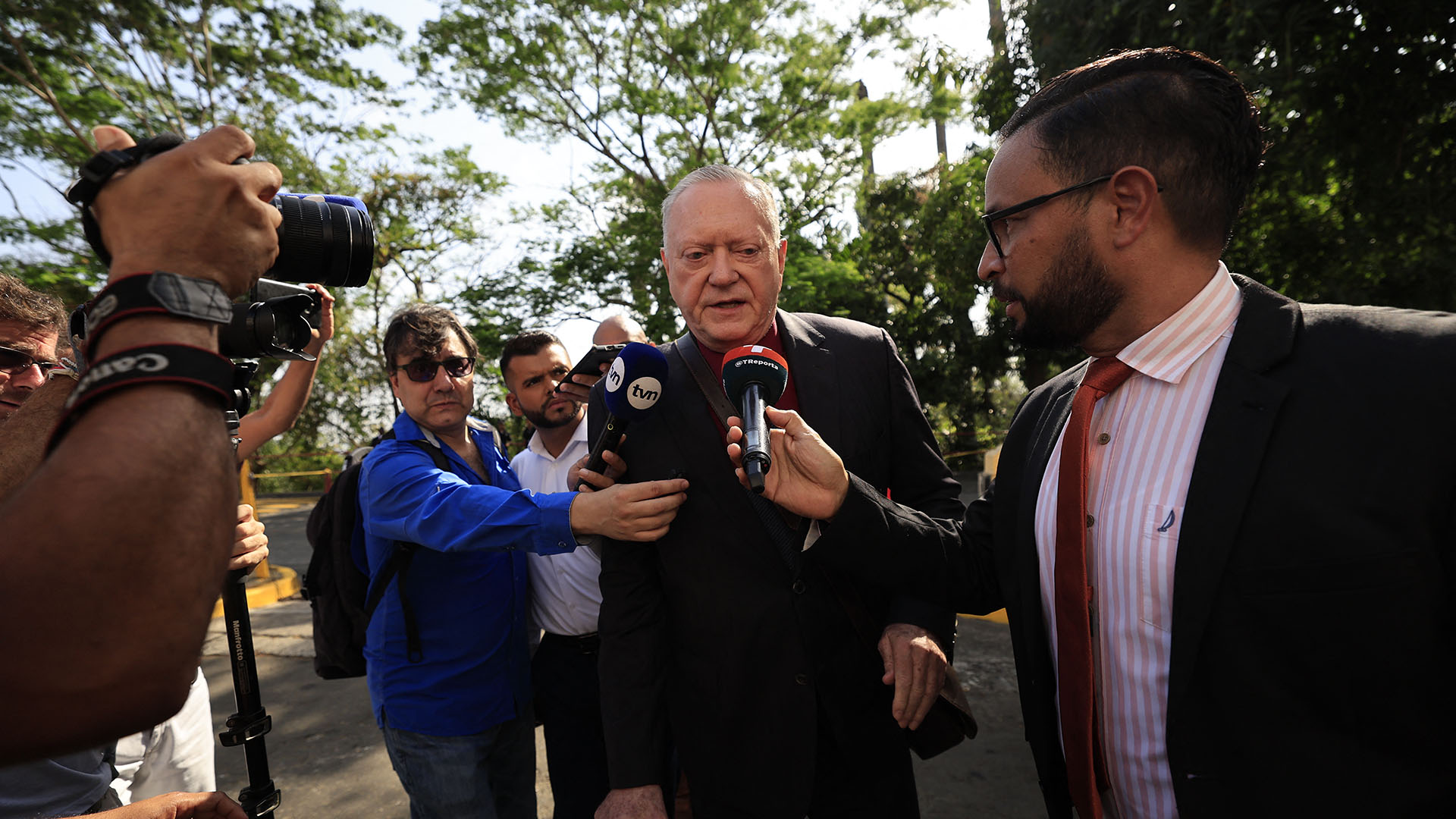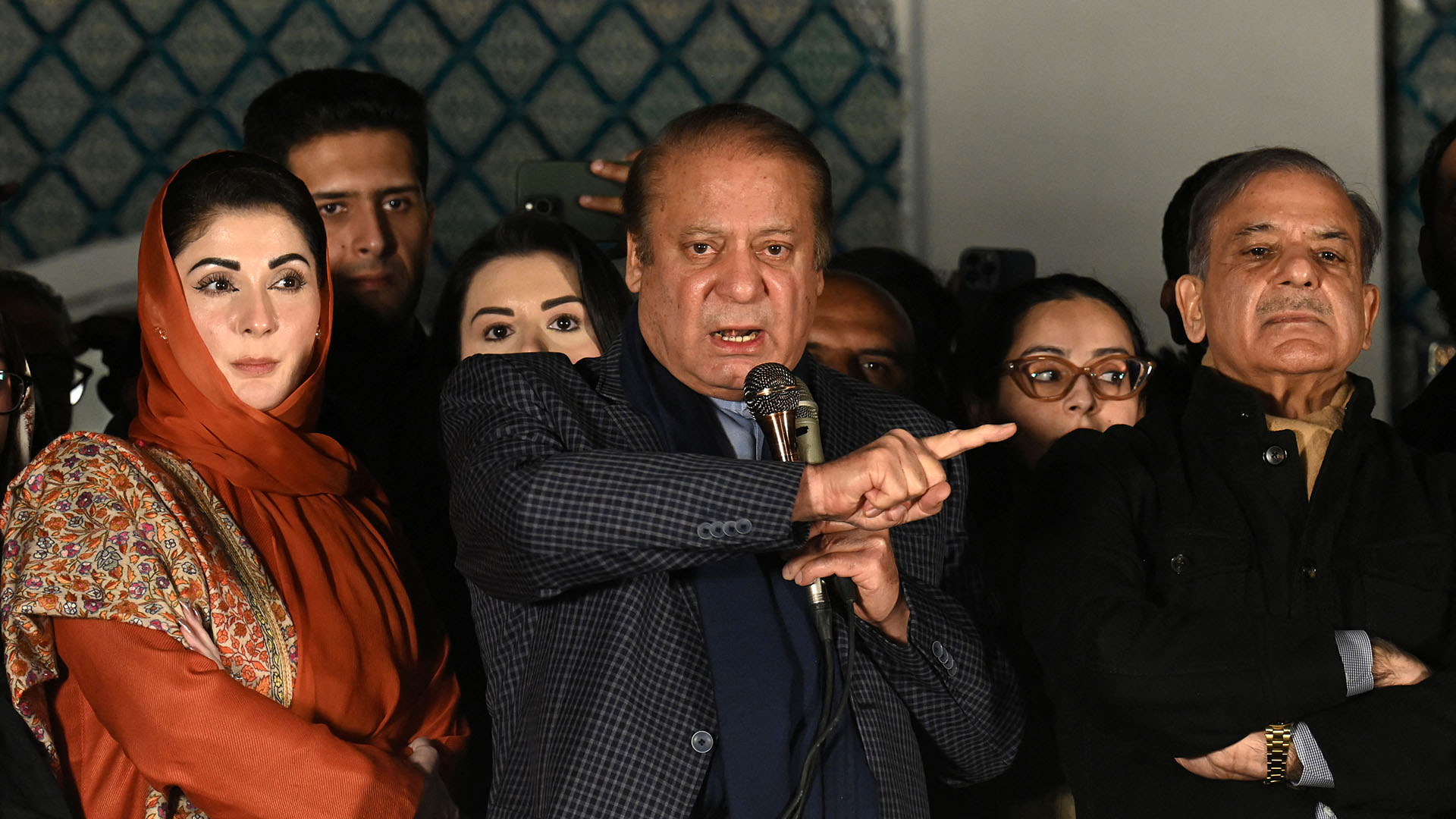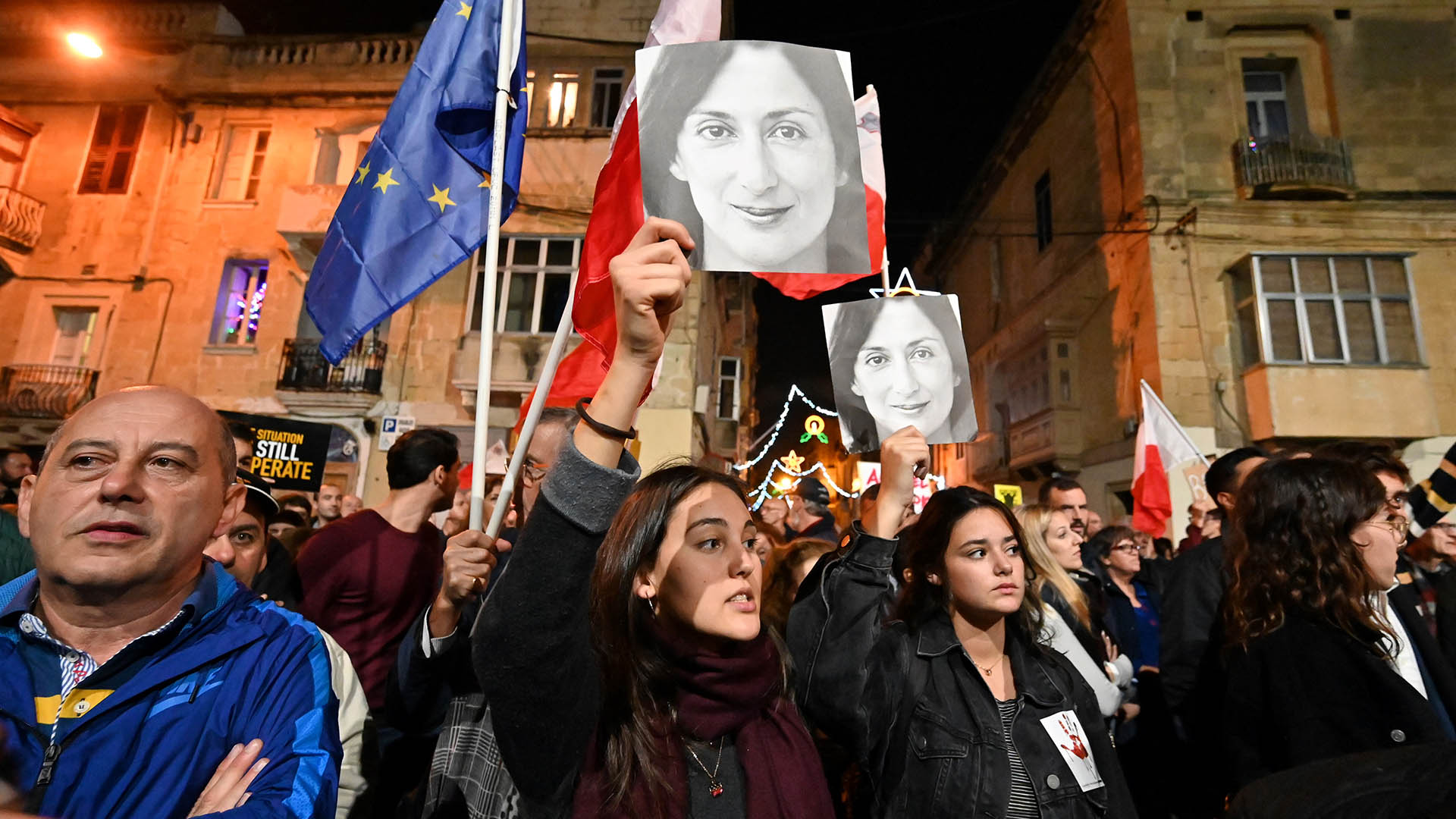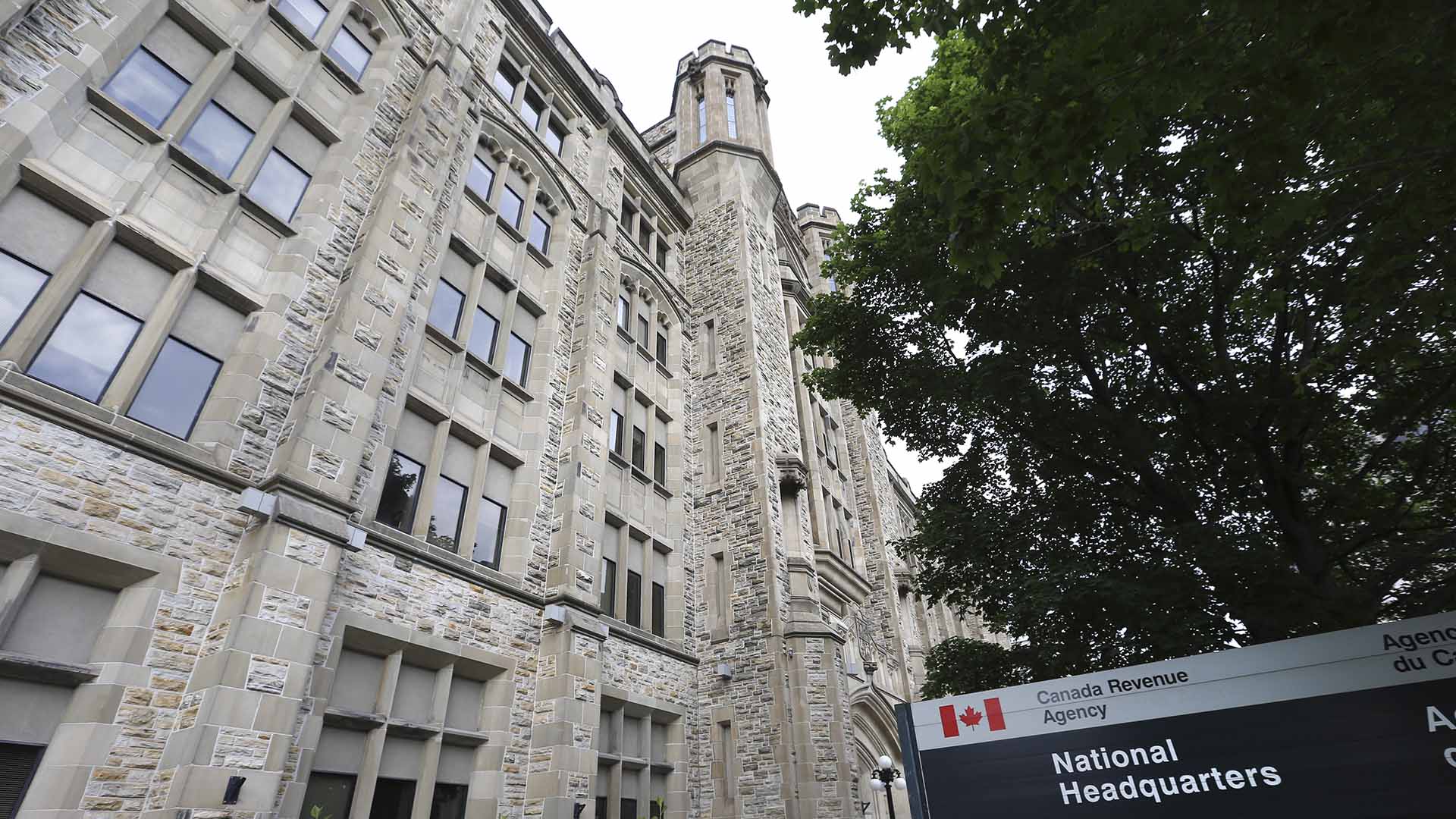I first heard of ICIJ in 2013 with the “Secrecy for Sale” project. News that the Mongolian deputy speaker, Bayartsogt Sangajav, owned $1 million in a Swiss bank account caused a major debate in Mongolia. Sangajav stepped down as speaker but remained a member of Parliament. At the time the story broke, I was studying journalism at The University of Hong Kong. Before that I had worked with Sangajav at the Mongolian Ministry of Finance. I found the network and collaboration of journalists working together to reveal corruption both fascinating and effective. I also found it a pity that nobody was contributing from inside Mongolia. In 2014, I met some of the reporters from the “Secrecy for Sale” collaboration in Manila at “Uncovering Asia,” the first Asian investigative journalism conference.
Mongolian media tend to shy away from investigative reporting, from the difficult-to-prove stories. The truth stands no chance against voices silenced by owners, advertisers and government. Journalism education is weak. With uncompetitive pay and nobody to cheer you on, it is little wonder not many journalists and newsrooms venture into the area of covering important but often controversial topics. From day one, MongolTV wanted to change that. The station is run by young people; the old way of media and politicians rubbing shoulders in our country always made us uncomfortable.
When the first Panama Papers stories came out our newsroom knew there had to be Mongolian politicians and public officials involved given the sheer volume of the leak. We wanted to report and collaborate on this project. I reached out to my network and emailed ICIJ’s deputy director, Marina Walker Guevara, directly. The ICIJ team was kind enough to grant us access, walk us through the platforms and open the door to the biggest collaboration in the known history of the profession.
From the leak we learned many politicians and public officials, including a former prime minister of Mongolia, a foreign affairs advisor to the President and the son of the mayor of Ulaanbaatar, Mongolia’s capital, were linked to offshore companies. Their interests in these assets held outside Mongolia had never been publicly revealed before our stories came out.
In a country where one-fifth of the population live below the poverty line, and the average household income is about $400 a month, news of these politicians’ offshore links prompted major debates in public arenas and in the parliament. Implicated politicians and their party supporters condemned the reports, threatened to take us to court and tried to discredit the editorial team and reporters. We stand by our reports and will continue to do so.
The collaboration allowed us to find paper trails and messages to show the Mongolian public that politicians do use offshore companies and have had interests in assets held outside the country. The Panama Papers have allowed our newsroom to investigate how the system of offshore financial secrecy operates, and help the public have a well-informed debate around this issue. We are excited and proud to be part of this effort. The Mongolian people are eager for public hearings or steps to close the practices of the shadowy offshore industry but the change has yet to come. Until it does, we will be here reporting and telling the stories that matter.
Lkhagva Erdene is the executive producer of news for MongolTV.
Read more about the impact from ICIJ’s investigations, and find out how you can support ICIJ’s work
Find out first! Receive ICIJ’s investigations by email
